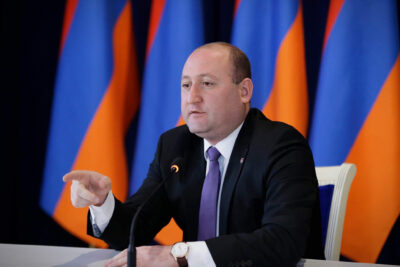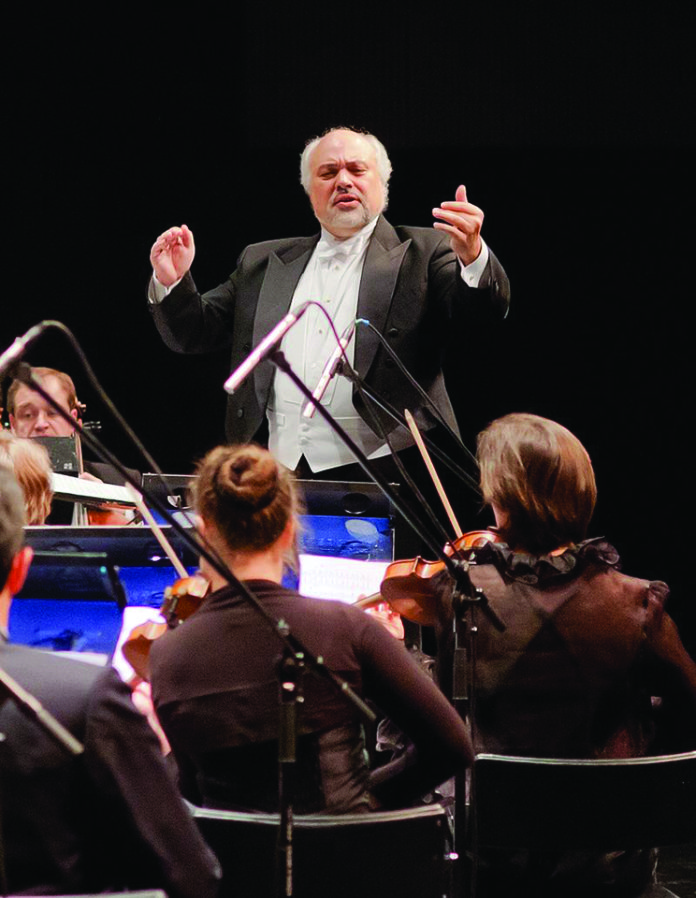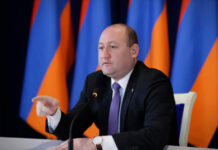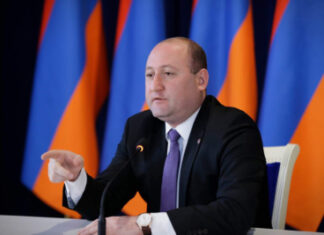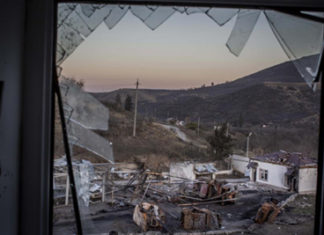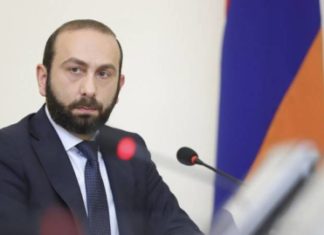YEREVAN — Constantine Orbelian is a hard man to find. He is a globe-trotting pianist and conductor with thriving careers in several countries. And he likes it exactly that way.
He is an American-born, globally successful pianist who is equally well-known as a first-rate Russian conductor.
In the process, he has garnered many firsts. He was the first non-Russian conductor of the Moscow Chamber Orchestra, founded in 1956 by conductor and violist Rudolf Barshai. A tireless champion of Russian-American cultural exchange and international ambassadorship through his worldwide tours, he was awarded the title of “Honored Artist of Russia” in 2004, a title which had never been bestowed on a non-Russian citizen until then.
Orbelian, a charming raconteur with a hearty laugh, said during a recent phone interview that he felt a special kinship with the orchestra when he took it on in 1991 because they shared several things, including that both had come into the world in 1956.
The San Francisco-born Orbelian’s journey, both in terms of music as well as straddling the East and West divide, was almost pre-ordained. He was born into a musical family of Soviet emigreés on the West Coast, making the family certainly different in the eyes of many in their new country.
While his parents left the Soviet Union after feeling the pressure of Stalin’s wrath, the younger Orbelian now calls St. Petersburg home. However, he still has homes in San Francisco, a city to which he frequently returns.
